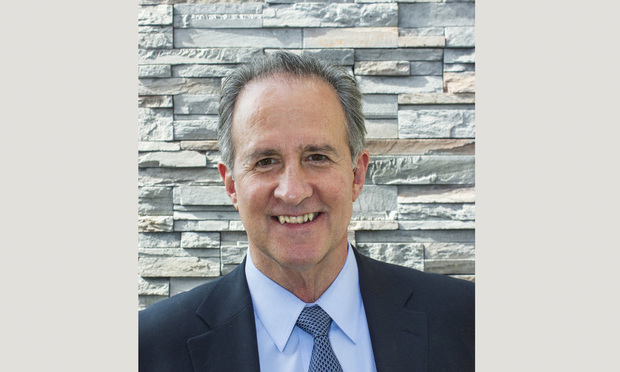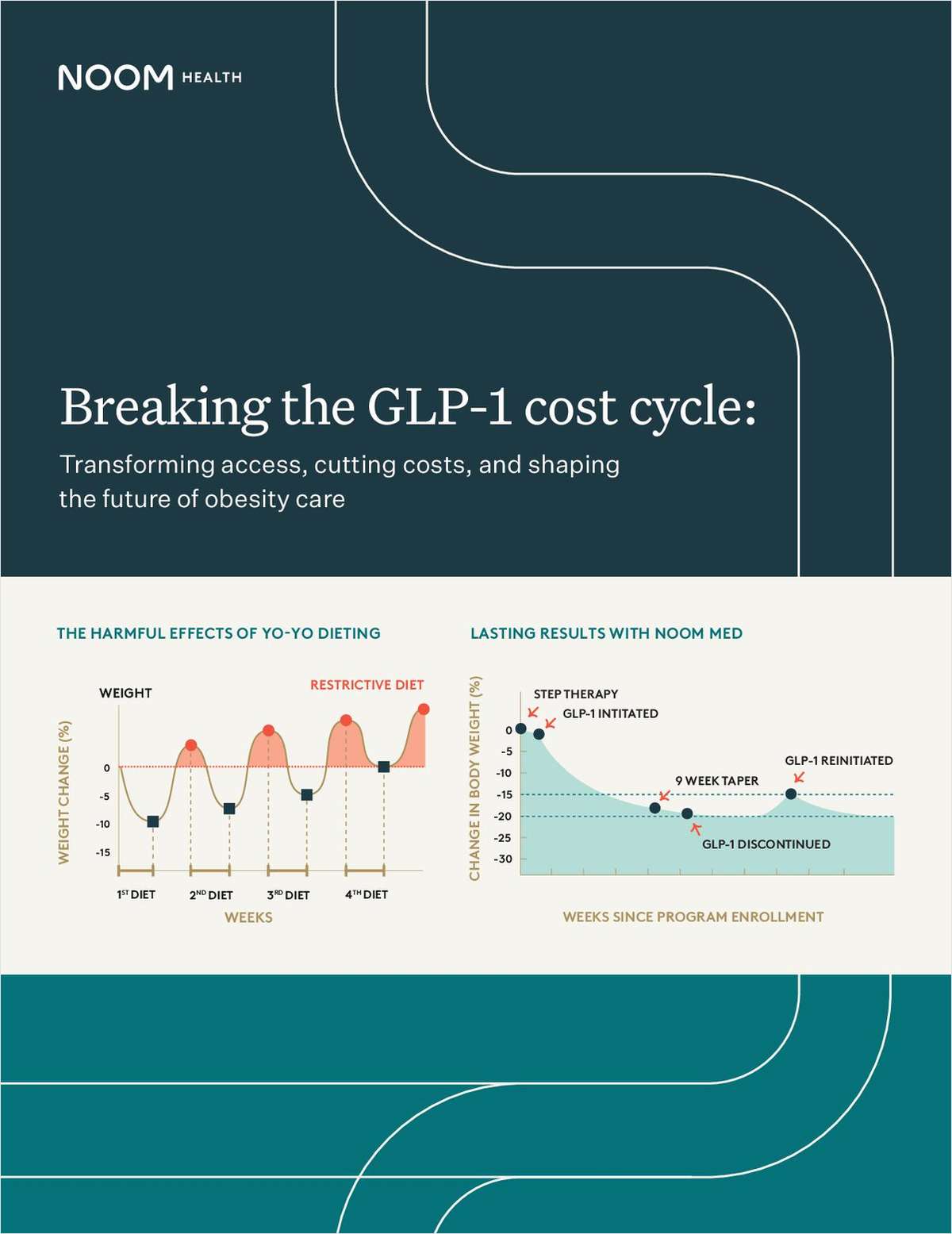Judge Mark Taylor's Stint in Apartheid South Africa Led Him to Bench
Judge Mark Taylor said living in South Africa for a year as a teenager had a major impact on him becoming an attorney and later a judge in Connecticut.
October 02, 2019 at 11:55 AM
4 minute read
 Superior Court Judge Mark Taylor. Courtesy photo
Superior Court Judge Mark Taylor. Courtesy photo
Judge Mark Taylor is entering his 17th year on the bench and has worked in the civil, family and criminal divisions.
But if it wasn't for a one-year stay in South Africa when he was 14 years old, his professional life might have turned out differently.
"There is a good chance I'd be doing something else today," the 64-year-old jurist said.
Taylor, his parents and three siblings, moved to Johannesburg for about one year in 1969-1970, because Taylor's father Kenneth had a sabbatical at his job with the World Council of Churches.
That experience, Taylor said, was not only eye-opening and depressing, but also led him to take a civil liberties course at Drew University. It sparked his interest in wanting to become an attorney, and Taylor eventually got his law degree in 1983 from the University of Connecticut School of Law.
"I saw firsthand a massive denial, a systematic denial, for the black population," said Taylor, who is white. "In that context, I saw the denial of civil liberties, which is why I took the civil liberties course in college. That course talked about what the U.S. Constitution stood for and that connected to me."
That year-plus stint in South Africa changed Taylor's life. It taught the young man that there was no equal protection and due process for most of the population, and made him realize the importance of justice and working in the legal profession.
"There were places where whites lived and where Africans, who were not white, lived. It was deplorable," he said. "I did write about apartheid in my English class as a teen in Johannesburg. They did not like it, and I was caned."
Taylor would later work briefly in private practice before spending 18 years in the Connecticut Legislature, including as chief legal counsel to Senate Democrats, and then 16 years on the bench.
"I came to understand and appreciate, later in my life, how critically important an independent and unbiased judiciary is to us at home, by providing the opportunity for individual justice under the law," Taylor told the Connecticut Law Tribune Wednesday.
Looking back at his years on the bench, Taylor said he got the most satisfaction out of presiding over civil cases, as opposed to criminal and family.
"There are complicated legal problems in criminal and family, but I find more diverse legal issues in civil," he said. "I like engaging about them, thinking about them and resolving them."
Some of the more difficult civil cases, Taylor said, revolve around foreclosures.
"In the end you end up having to remove people from their home and, sometimes, the alternative is not pleasant," Taylor said. "It's not easy, but I try to do it as humanely as possible. You give people enough time to move out and to make sure they have a plan; hopefully, they have a plan."
Judge Linda Lager, a senior jurist doing complex litigation docket work in Waterbury, has known Taylor the better part of 15 years.
"Judge Taylor is a compassionate, thoughtful and empathetic person, and as a judge, he is thoughtful and well-prepared," Lager said Wednesday. "He has the highest of integrity, and approaches his job with an open mind and with a respect for the law and the litigants appearing before him."
Read more:
5 Things to Know About Judge John Blawie, Who Heard Connecticut's Last Death Penalty Case
This content has been archived. It is available through our partners, LexisNexis® and Bloomberg Law.
To view this content, please continue to their sites.
Not a Lexis Subscriber?
Subscribe Now
Not a Bloomberg Law Subscriber?
Subscribe Now
NOT FOR REPRINT
© 2025 ALM Global, LLC, All Rights Reserved. Request academic re-use from www.copyright.com. All other uses, submit a request to [email protected]. For more information visit Asset & Logo Licensing.
You Might Like
View All

Federal Judge Approves Harvard's Dismissal of Chip-Patent Suit Against Samsung
2 minute read

Connecticut Movers: New Associates in Stamford and a Head of Business in Vernon
2 minute readTrending Stories
- 1New York District Attorneys Endorse Governor's Proposed Rollback of Discovery Reforms
- 2Greenberg Traurig Launches Munich Office with Eight Hires, Including McDermott Group
- 3Midlevel Appellate Court Reinstates New York's Voting Rights Act
- 4Consumer Protection Suit Cleared to Go Forward Against Irritating Eye Serum
- 5COVID-19 Was Still Relevant in Securities Class Actions During 2024, Report Says
Who Got The Work
J. Brugh Lower of Gibbons has entered an appearance for industrial equipment supplier Devco Corporation in a pending trademark infringement lawsuit. The suit, accusing the defendant of selling knock-off Graco products, was filed Dec. 18 in New Jersey District Court by Rivkin Radler on behalf of Graco Inc. and Graco Minnesota. The case, assigned to U.S. District Judge Zahid N. Quraishi, is 3:24-cv-11294, Graco Inc. et al v. Devco Corporation.
Who Got The Work
Rebecca Maller-Stein and Kent A. Yalowitz of Arnold & Porter Kaye Scholer have entered their appearances for Hanaco Venture Capital and its executives, Lior Prosor and David Frankel, in a pending securities lawsuit. The action, filed on Dec. 24 in New York Southern District Court by Zell, Aron & Co. on behalf of Goldeneye Advisors, accuses the defendants of negligently and fraudulently managing the plaintiff's $1 million investment. The case, assigned to U.S. District Judge Vernon S. Broderick, is 1:24-cv-09918, Goldeneye Advisors, LLC v. Hanaco Venture Capital, Ltd. et al.
Who Got The Work
Attorneys from A&O Shearman has stepped in as defense counsel for Toronto-Dominion Bank and other defendants in a pending securities class action. The suit, filed Dec. 11 in New York Southern District Court by Bleichmar Fonti & Auld, accuses the defendants of concealing the bank's 'pervasive' deficiencies in regards to its compliance with the Bank Secrecy Act and the quality of its anti-money laundering controls. The case, assigned to U.S. District Judge Arun Subramanian, is 1:24-cv-09445, Gonzalez v. The Toronto-Dominion Bank et al.
Who Got The Work
Crown Castle International, a Pennsylvania company providing shared communications infrastructure, has turned to Luke D. Wolf of Gordon Rees Scully Mansukhani to fend off a pending breach-of-contract lawsuit. The court action, filed Nov. 25 in Michigan Eastern District Court by Hooper Hathaway PC on behalf of The Town Residences LLC, accuses Crown Castle of failing to transfer approximately $30,000 in utility payments from T-Mobile in breach of a roof-top lease and assignment agreement. The case, assigned to U.S. District Judge Susan K. Declercq, is 2:24-cv-13131, The Town Residences LLC v. T-Mobile US, Inc. et al.
Who Got The Work
Wilfred P. Coronato and Daniel M. Schwartz of McCarter & English have stepped in as defense counsel to Electrolux Home Products Inc. in a pending product liability lawsuit. The court action, filed Nov. 26 in New York Eastern District Court by Poulos Lopiccolo PC and Nagel Rice LLP on behalf of David Stern, alleges that the defendant's refrigerators’ drawers and shelving repeatedly break and fall apart within months after purchase. The case, assigned to U.S. District Judge Joan M. Azrack, is 2:24-cv-08204, Stern v. Electrolux Home Products, Inc.
Featured Firms
Law Offices of Gary Martin Hays & Associates, P.C.
(470) 294-1674
Law Offices of Mark E. Salomone
(857) 444-6468
Smith & Hassler
(713) 739-1250










